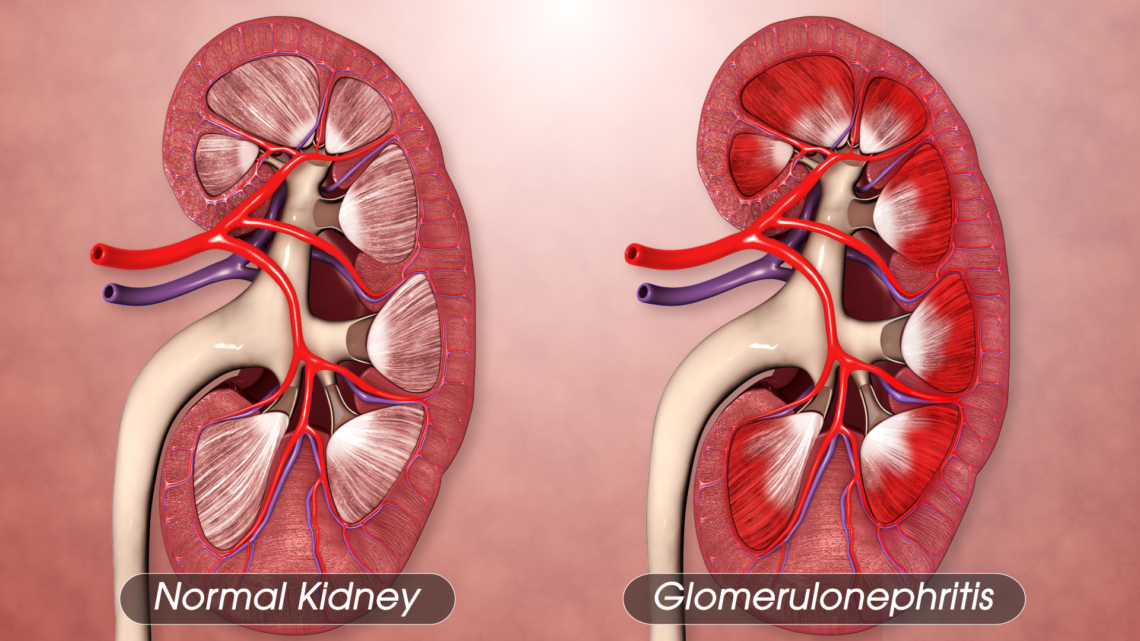
Understanding Kidney Infections: Symptoms, Causes, and Treatment
A kidney infection, or pyelonephritis, is a form of urinary tract infection involving one or both of your kidneys. Kidney infections are severe and dangerous if they are not treated because possible complications include damage to the kidneys themselves or developing a condition called sepsis. In this article, let’s discuss the causes, symptoms, risk factors, treatment, and prevention of a kidney infection so you can care for healthy kidneys.
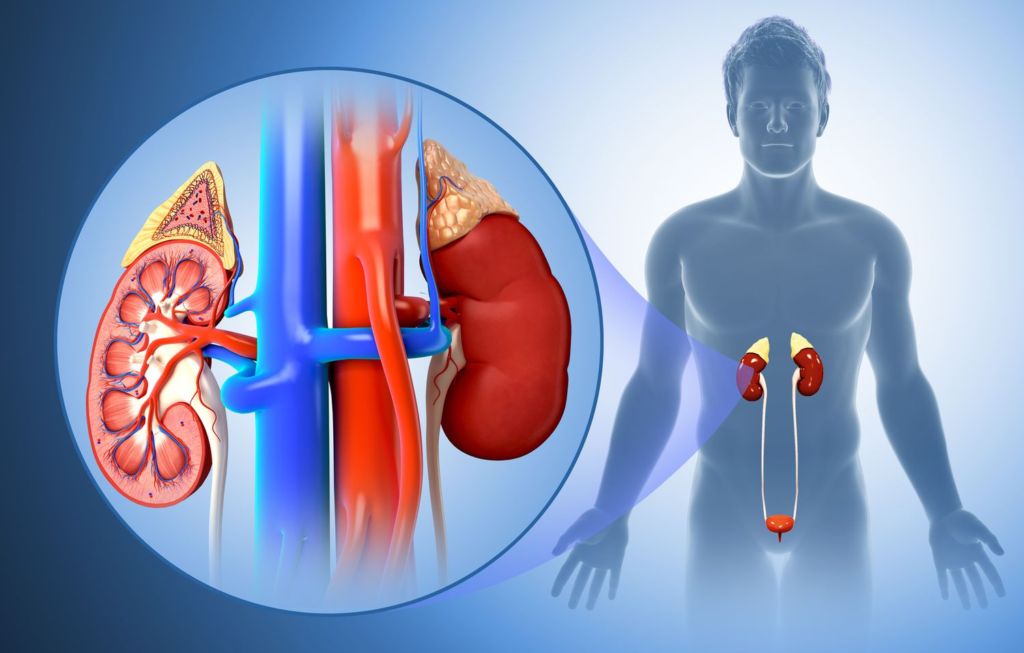
What is a Kidney Infection?
A kidney infection occurs when the bladder infection travels up through the ureters to the kidneys themselves. In most cases, it is caused by an infection with Escherichia coli, or E. coli, germs that commonly inhabit the intestines and are known for entering the urinary system. Much less commonly, infections occur due to viruses or fungi.
The kidneys filter out waste from the blood and regulate the body’s levels of water and electrolytes. A kidney infection can impair these organs’ functions, with more serious health concerns when untreated.
Symptoms of Kidney Infections
Symptoms of a kidney infection are somewhat varied but some common symptoms often include:
Fever:
High temperature, sometimes accompanied by chills and sweating.
Pain:
Severe pain in the back, side (flank), or lower abdomen.
Frequent Urination:
Urgent urination, mostly in low volume.
Painful Urination:
Painful or burning while urinating.
Cloudy or Poorly Smelling Urine:
The urine could appear murky and contaminated.
Blood in Urine:
In a few patients, the urine may be tinted with blood, which may make it pink or red.
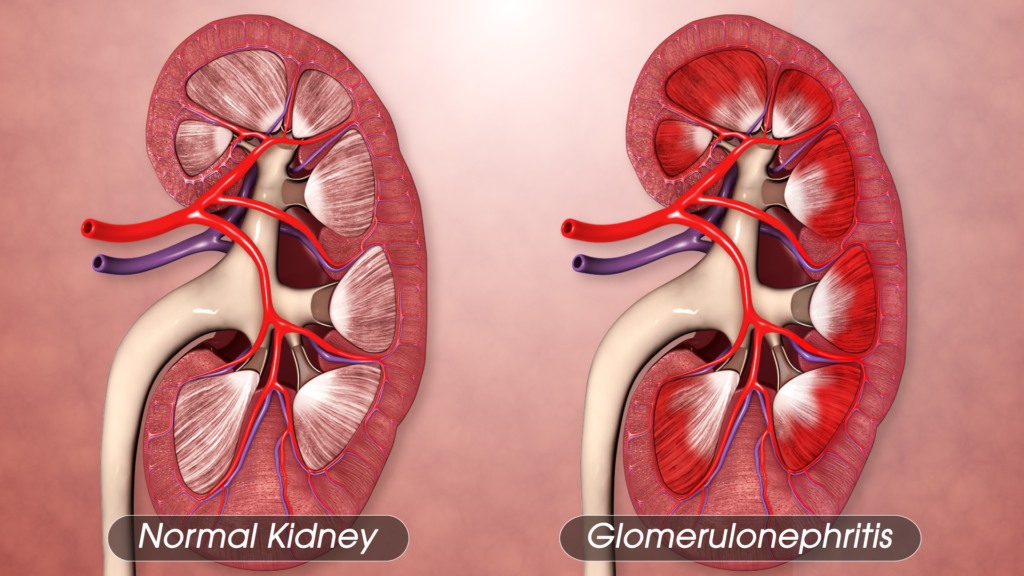
Fatigue:
Some people are very weak or tired.
In severe cases, symptoms may intensify into nausea, vomiting, confusion, or even sepsis, which is a potentially life-threatening condition wherein the body’s response to infection injures its tissues.
Causes of Kidney Infections
Kidney infections typically originate from bacterial infections. Although E. coli is the most common pathogen, however, several risk factors would raise the likelihood of developing a kidney infection.
Urinary Tract Infections (UTIs):
Most kidney infections are a result of untreated or suboptimally treated lower UTI where bacteria from the bladder ascend into the kidneys.
Obstructive Lesions of the Urinary Tract:
Kidney stones, prostatic hypertrophy in males, or other anatomical abnormalities obstruct the flow of urine leading to an increased risk of infection.
Weakness of the Immune System:
Those infected with diabetes, HIV/AIDS, or chemotherapy drugs are more vulnerable to getting infections, which include infection of the kidneys
Pregnancy:
The alterations in the urinary system also predispose a woman to the acquisition of infection when pregnant.
Long-term usage of catheters:
This predisposes individuals to acquire infection once the use is prolonged within their urinary tract, as the bacteria find their way.
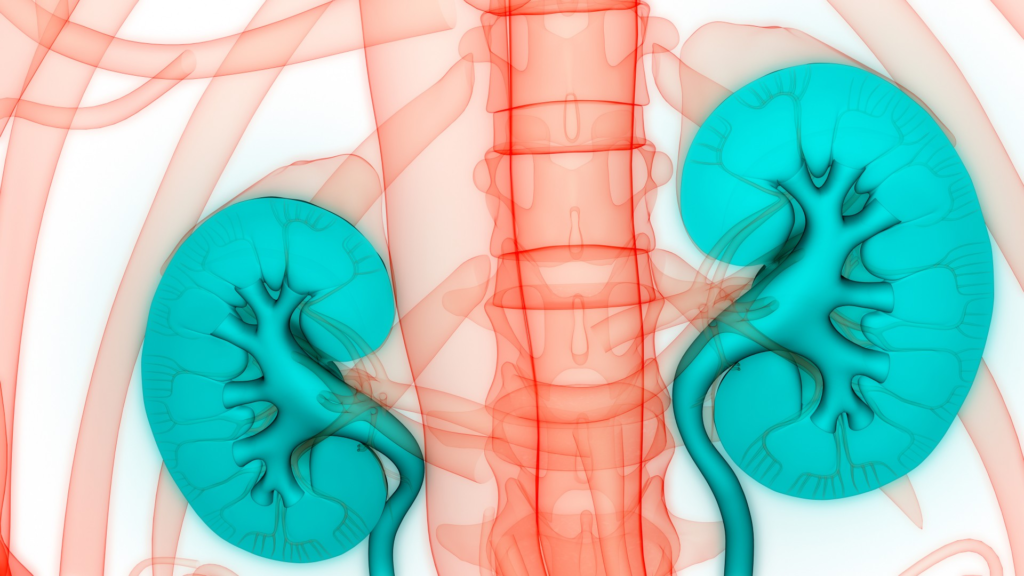
Vesicoureteral Reflux (VUR):
It is a condition in which the urine flows back towards the kidney from the bladder; this enhances the likelihood of infection.
Diagnosis of Pyelonephritis
A physician can diagnose pyelonephritis after doing a history of the case and on completion of the following tests.
Urinalysis:
The urine sample is tested to detect bacteria and white blood cells, among other signs of infection.
A urine culture will help to detect which bacterium is causing the infection so that the respective antibiotic treatment can be given.
Blood tests may also be administered by a doctor to check the kidney infection through signs of infection or damage from white blood cells increase or decrease in functioning of the kidneys.
The doctor may also advise on imaging tests such as ultrasound or CT scans to view the kidneys and find any structural abnormalities and obstructions.

Treatment of Kidney Infection
The first line of treatment for kidney infections is antibiotics. The antibiotic to be used depends on the severity of the infection and the causative bacteria. Antibiotics prescribed in the treatment of such infections include:
Ciprofloxacin
Levofloxacin
Trimethoprim-sulfamethoxazole
Amoxicillin
Moderate cases would require oral antibiotics to last for 7 to 14 days, while virulent infections often necessitate hospitalization and intravenous antibiotics. Patients begin to show improvements in just a few days after beginning treatment, but the full course of antibiotics is important in clearing the infection completely.
Pain Medications:
Oral pain medications like acetaminophen reduce pain and fever. It is essential to refrain from prescribing or administering NSAIDs, which include ibuprofen, as these may, in some instances, drastically drop kidney function.
Fluid Intake:
Hydration should be maintained to aid in the flushing out of bacteria from the urinary system. However, if the patient is suffering from critical renal deterioration, fluid intake has to be monitored accordingly.
Complications
The complications it causes due to kidney infection, when untreated or treated too late, include the following complications such as:
Kidney Abscesses:
Pockets of pus in the kidneys that need drainage or surgical intervention.
Chronic Kidney Disease:
Repeated or severe infection can cause permanent damage and could lead to CKD or a complete failure of the kidneys.
Sepsis is a serious and potentially life-threatening condition that occurs when the infection is passed to the bloodstream and causes an extreme immunological response.
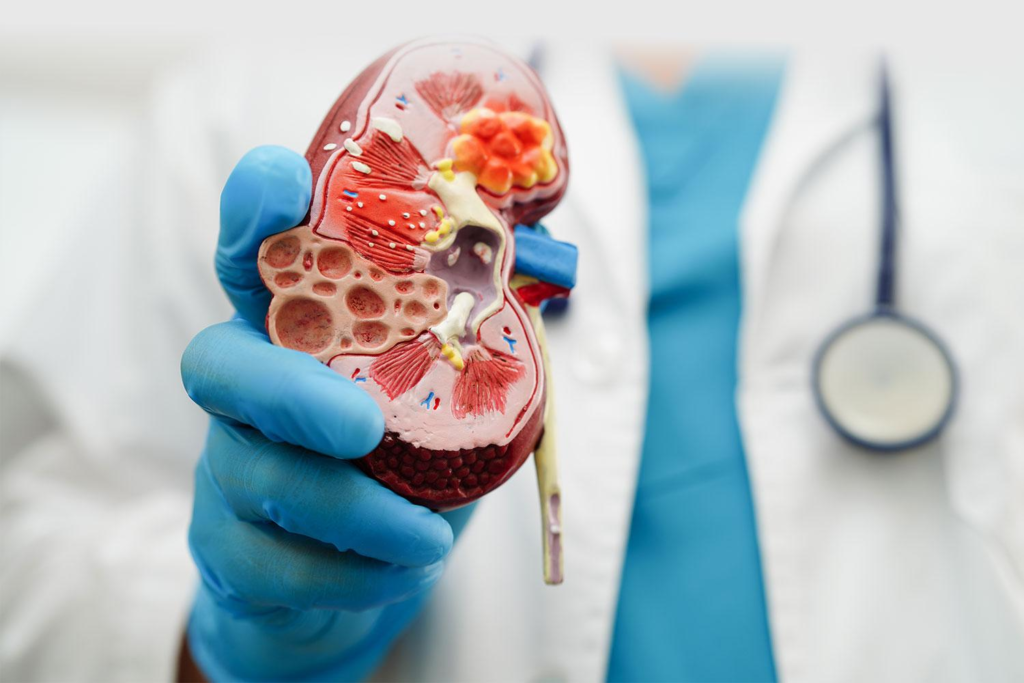
AKI:
Infection or direct damage to the kidneys can cause sudden loss of kidney function that could demand dialysis.
Prevention of Kidney Infections
To prevent getting a kidney infection, the following preventive measures can be employed:
Ample fluid intake, preferably in the form of water, flushes out bacteria from the urinary tract.
Practice Good Hygiene:
Always wipe from front to back after using the bathroom, to prevent bacteria in the anal area from transferring to the urethra.
Empty Your Bladder Regularly:
Do not wait too long between urinating and always ensure that you empty your bladder. Women are especially required to do this.
Urinate After Sex:
For women, urinating after sex helps flush out bacteria that may have entered the urinary tract during intercourse.
Refrain from irritating feminine products:
Some preparations, for example, deodorant sprays or douches, may be irritating to the urinary tract and increase your risk of infection.
When to Obtain Medical Attention
Should you feel any symptoms of a kidney infection such as fever, persistent backache, and blood in urine, you must consult a doctor. Timely diagnosis and treatment will eliminate the risk of complications and ensure full recovery.
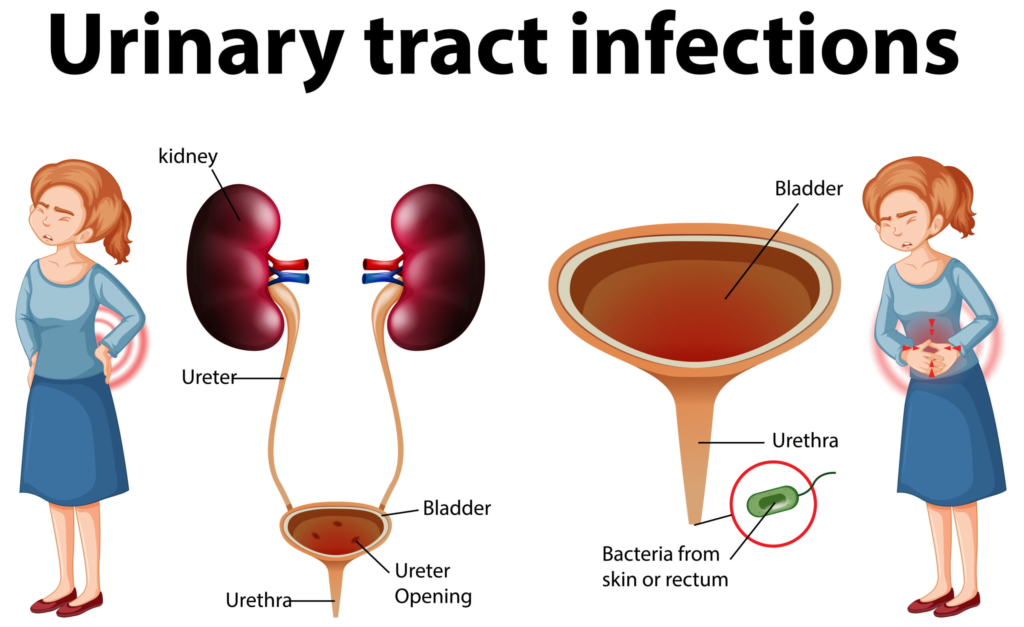
Conclusion
A kidney infection is a serious condition and needs to be treated by a medical doctor immediately; however, it can be taken care of with antibiotics and a few other measures. The risk of this infection significantly diminishes but is not altogether removed if you are careful concerning the condition of your urinary system and get an early care provider in case of urinary tract infections. Good hygiene, hydration, and knowledge of risk factors can help ensure the health of your kidneys and overall well-being.

